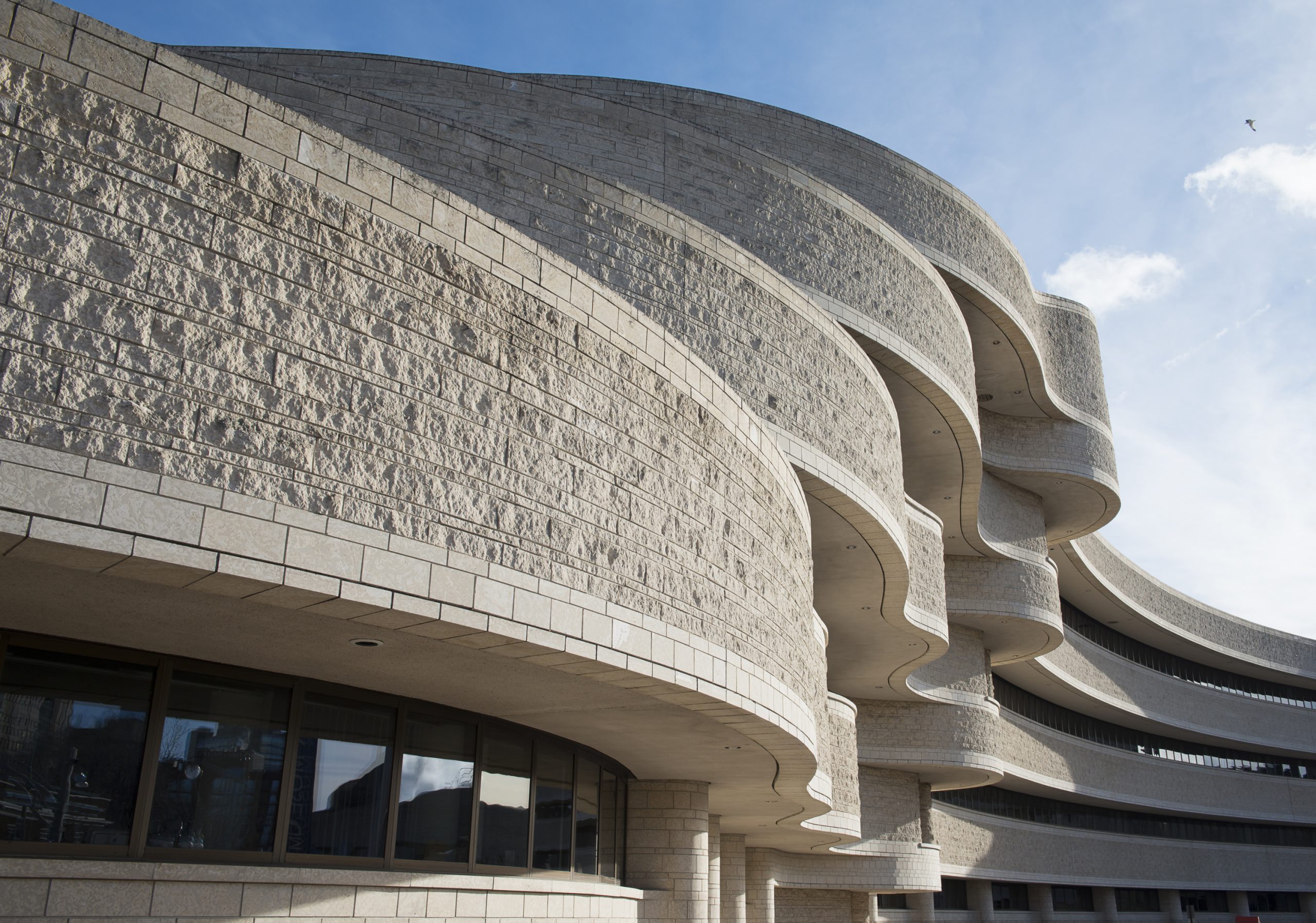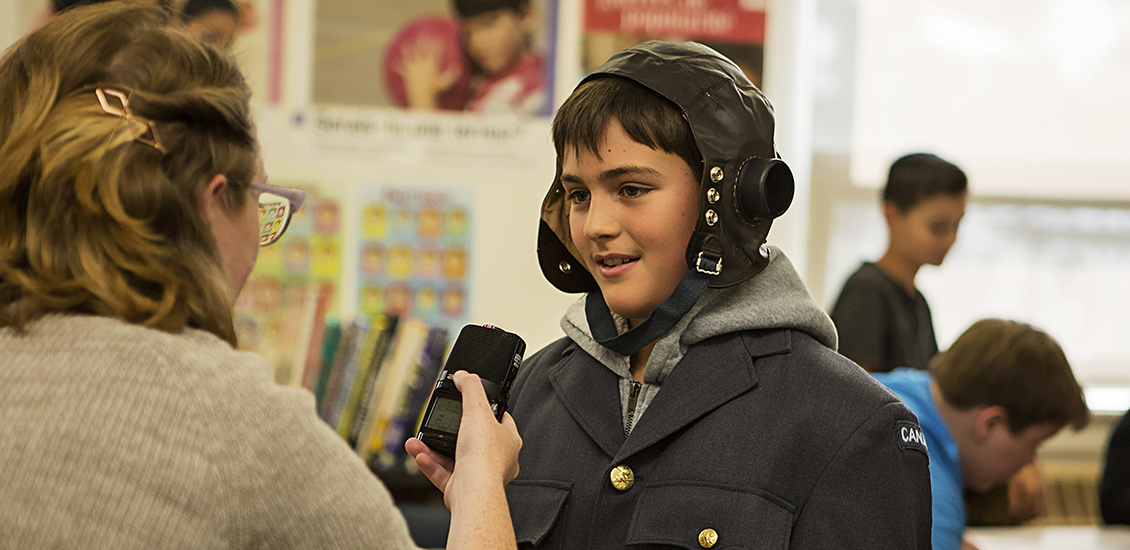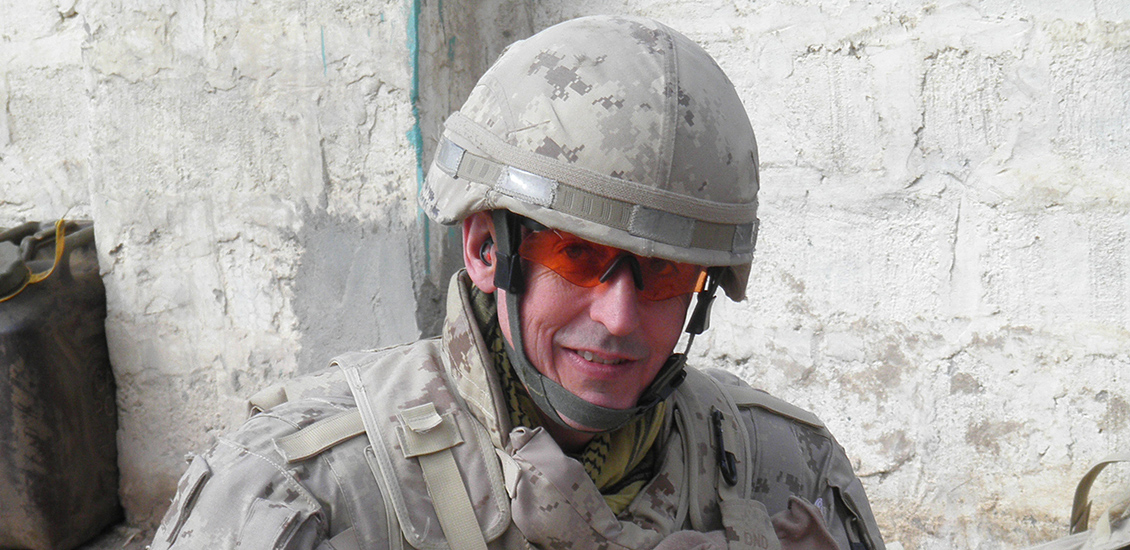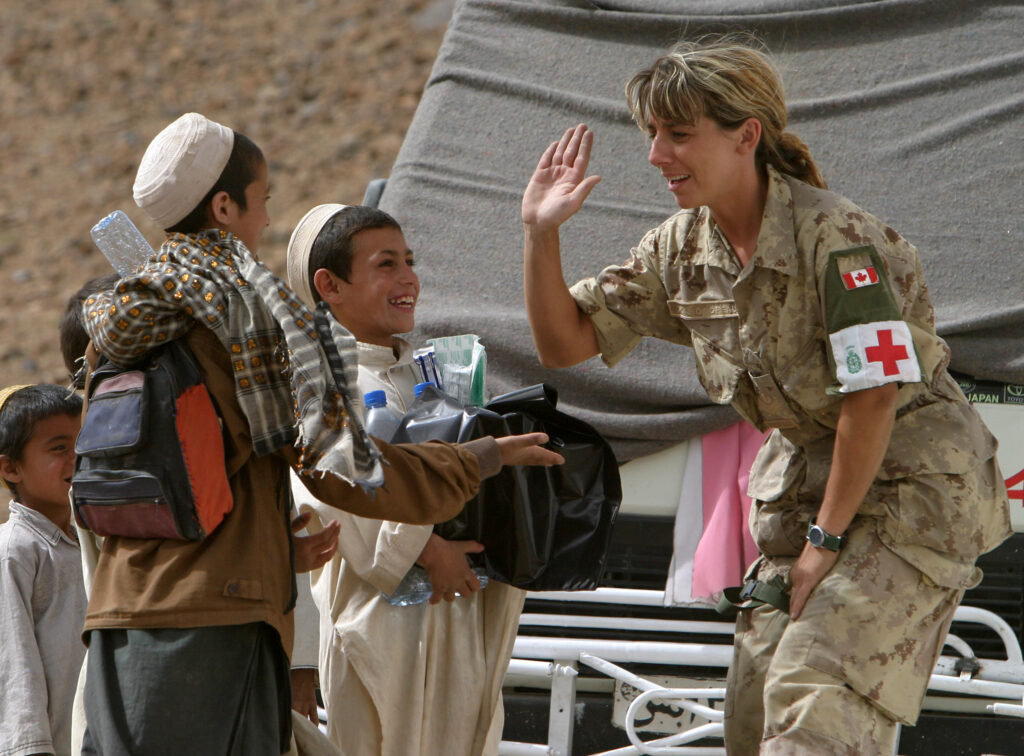1. What inspired you to become a historian?
Growing up, I learned that my great-grandfather, William Hayes, was killed in the 1917 Halifax Explosion. My grandfather was a child at the time. Hearing those stories piqued my interest in history.
2. Tell us about your specialty.
My specialty in Cold War military history stems in part from my family history. How do you prepare for a terrible event like the Halifax Explosion, but on the catastrophic scale of nuclear war? I tried to answer that question in my first book, Give Me Shelter: The Failure of Canada’s Cold War Civil Defence. It was an interesting entry point into the broader Cold War and more contemporary military history that I do now.
3. What was your role in developing the new Canadian War Museum exhibition, War Games?
Over the years, I noticed groups of students surrounding displays of small arms at the Museum, debating the merits of various weapons. When I approached them, they told me that their first exposure to these kinds of weapons, and to military history, was through video games such as Call of Duty. I began to think about exploring the connections between war, games and play, which led to this exhibition and its examination of the professional, personal and cultural impacts of war games throughout history.
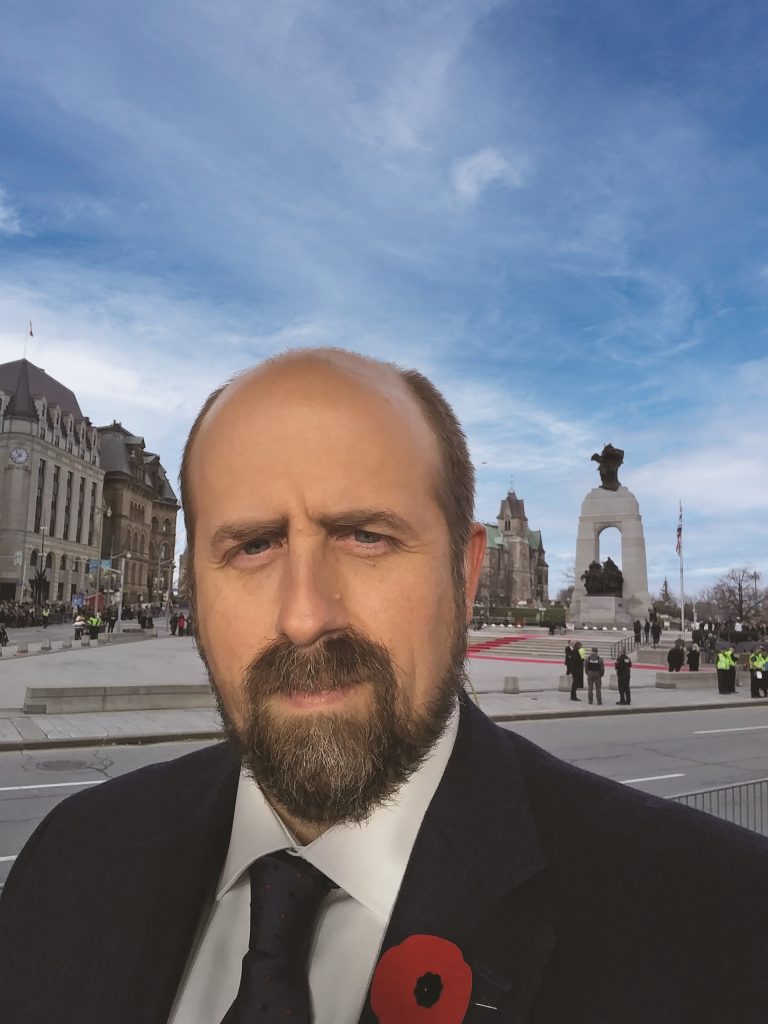
Andrew Burtch
4. As the lead historian for War Games, what do you hope visitors will learn and experience?
I hope they understand that war is not a game. It is a horrific experience that shapes our politics and public and private memory, but undeniably, our culture as well. I hope they see how people have explored war through games — whether chess, tabletop exercises, or video games. And, although play has sometimes been part of formal military training, I hope visitors also recognize how war has influenced the games people play.
5. During your time at the Canadian War Museum, have any specific experiences or events influenced your views on the study of military history?
The greatest influence on my understanding of military history has come via contact with veterans, serving military personnel, and their families. As the Museum’s post-1945 historian, I am fortunate to be able to connect with surviving veterans. As older generations of veterans slip away, it is even more important to capture and tell their stories.
6. What was the most meaningful moment in your career?
One of the most important moments for me professionally came while I was still studying, when I had the good fortune to go on a battlefield tour with a War Museum historian and to learn the history and geography of some of Canada’s most important battles. Photography and text don’t do some of these battlefields and vistas justice.
